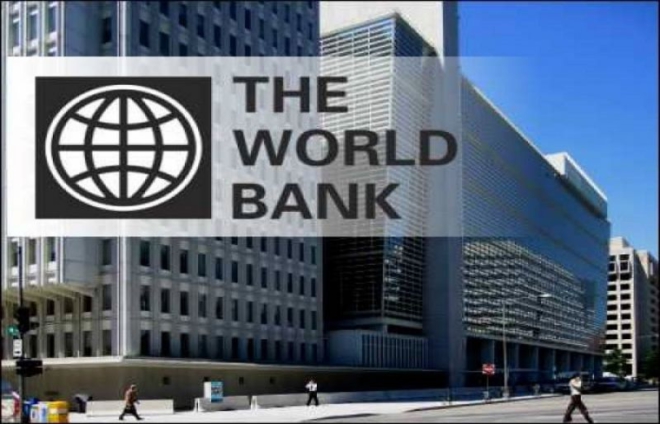Ghana scored a D (6.5) in the World Bank Supreme Audit Institutions Independence (SAIs) Index, an audit of public sector organisations for the year 2023.
This is lower than the C (8.0-8.5/10) that it recorded in 2021.
It indicates that the SAI independence is moderate, that is some independence indicators were met, but there is room for improvement.
The SAIs Independence Index is a methodological tool launched by the World Bank in July 2021 to measure the independence of supreme audit institutions around the world. The index scores SAIs against 10 indicators including legal, financial, mandate and coverage.
According to the World Bank, the assessment of the SAIs independence is based on a benchmarking exercise against international standards and practices. It highlights options for reforms to strengthen the independence of the SAI of Ghana. These include both policy and operational recommendations.
In terms of policy recommendations, some policies can be reinforced and, several INTOSAI principles may be included in the legal framework, and these include but are not limited to the recommendations below.
It pointed out that there is the need to set clear Standard Operating Procedures (SOPs) to clarify the audit recommendation follow-up processes to all stakeholders and equip the IAUs with the required training, office equipment and relevant tracking databases to carry out their work effectively.
It also wants the government to engage in stakeholder dialogues to promote effective collaboration between the IAA, IAUs, Audit Committees, Spending Officers and PAC to promote effective implementation of the SOPs.
In addition, the Bretton Wods institution said there is the need to refocus attention on all types of audits as required by the laws of Ghana, to encourage and promote probity and accountability in governance and the deployment of limited public resources in the best interest of the public. The PFM Act, 2016 (PFMA) Act 921 places the responsibility of audit follow-up on Audit Committees, Internal Audit Agencies, Spending Officers, and the Public Accounts Committee (PAC). Despite the legal requirements, audit recommendations are not effectively followed up on or tracked.
The assessment also called for Spending Officers to undertake a root cause analysis of audit issues and communicate these clearly to enhance understanding and increase the likelihood of resolution of identified infractions and/or irregularities.
Latest Stories
-
George Twum-Barimah-Adu pledges inclusive cabinet with Minority and Majority leaders
41 mins -
Labourer jailed 5 years for inflicting cutlass wounds on businessman
42 mins -
Parliament urged to fast-track passage of Road Traffic Amendment Bill
42 mins -
Mr Daniel Kofi Asante aka Electrician
43 mins -
Minerals Commission, Solidaridad unveils forum to tackle child labour in mining sector
48 mins -
Election 2024: Engagement with security services productive – NDC
49 mins -
Retain NPP for the good of Ghana – Rebecca Akufo-Addo
50 mins -
‘Let’s work together to improve sanitation, promote health outcome’ – Sector Minister urges
51 mins -
Ellembelle MP cuts sod for six-unit classroom block at Nkroful Agric SHS
54 mins -
‘I’ll beat the hell out of you if you misbehave on December 7’ – Achiase Commanding Officer
56 mins -
AFPNC leads the charge on World Prematurity Day 2024
1 hour -
Court remands unemployed man over theft of ECG property
1 hour -
Election security rests solely with the police – Central Regional Police Command
1 hour -
NCCE engages political youth activists at Kumbungu on tolerance
1 hour -
‘In Mahama’s era students lacked chalk, but are now receiving tablets’ – Bawumia
1 hour

